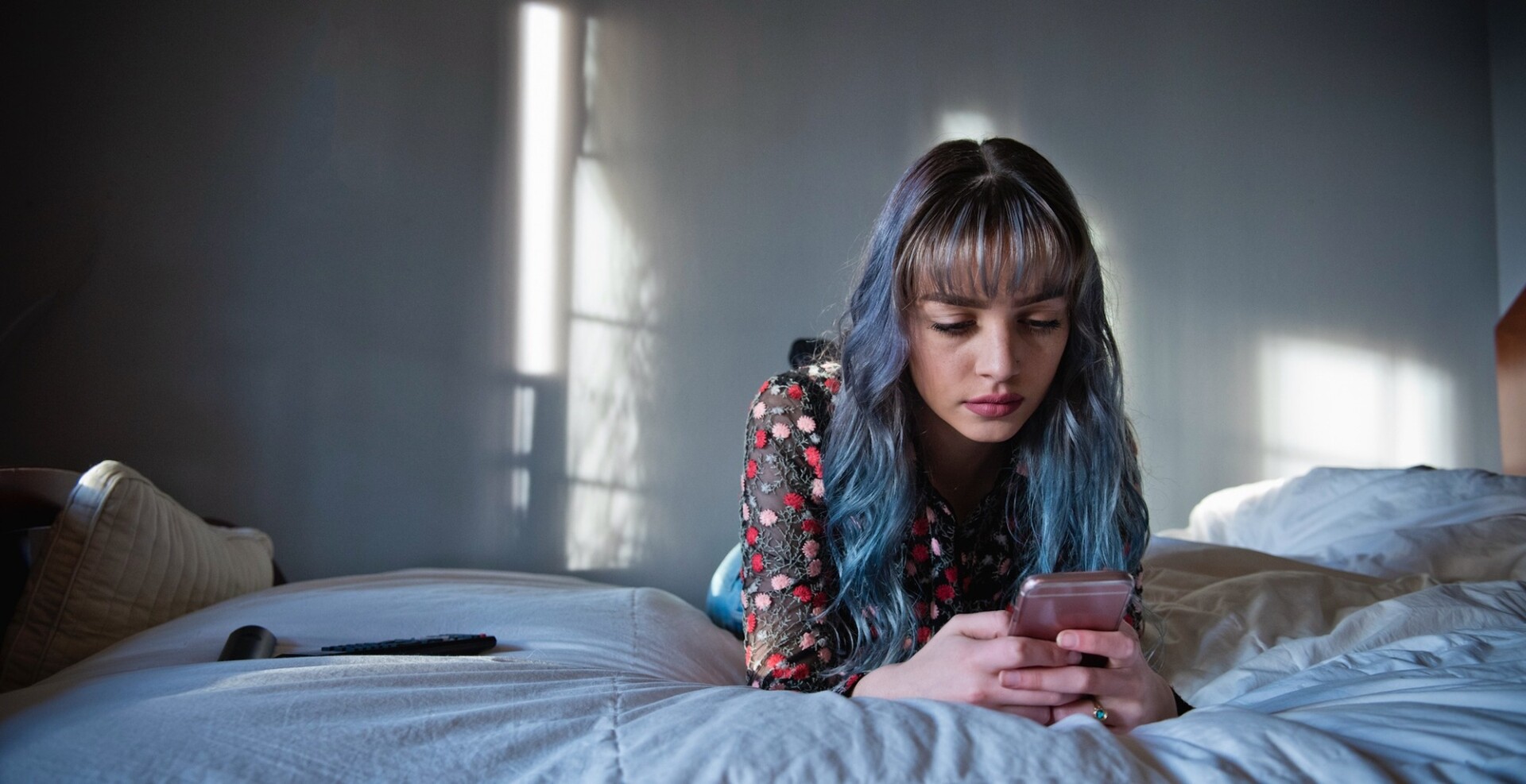The federal agency for mental illness, SAMHSA, published the results of a major annual survey last week, the National Survey on Drug Use and Health. It estimated one in three adolescents received medical and professional services for treating mental disorders last year.
SAMHSA officials consider this increase a positive development from efforts to normalise and destigmatise seeking out mental health treatment. Unfortunately, though, it is not. For one, the estimate does not reflect how many adolescents have mental disorders, which is a key overlooked factor. The survey, which interviews Americans older than 11 on their self-perceived mental health, use of drugs and alcohol, and related treatment received in the past year provides vivid testimony to that fact. It estimates that nearly 32% of all adolescents aged 12 to 17 — not just those reporting a diagnosis or abnormal distress — received prescription medication, treatment, and/or counselling for mental health in various inpatient and outpatient settings in 2023.
This rate is worryingly high. For most people, mental disorders associated with chronic and serious impairment don’t develop until late teens and early twenties, suggesting many kids are being unnecessarily treated. Around 8.3 million were treated last year, but according to the survey, only about half that number (between 3.4 and 4.5 million) might have enough distress to consider treatment.
The industry-pushed narrative is that therapy is good for everyone, but mental health treatment has limitations and can be actively harmful. Studies show that such treatment is less effective for youth than adults, and established guidelines are often not followed. Many young people therefore end up receiving low-quality care, which is associated with increased self-harm and hospitalisation.
The survey also excludes individuals in group settings, like juvenile justice centres, residential treatment facilities, and mental hospitals — where those with the most severe emotional distress are disproportionately represented. Americans surveyed, by inclusionary definition, stand to benefit less from treatment.
For those on the margin, a mental diagnosis increases future likelihood of death, being sick from work, and unemployment, while reducing one’s sense of control and probability of being married. Stimulant overuse can induce psychosis — troubling given how many young people are prescribed for ADHD. Symptoms of many common diagnoses, like depression, are transitory and often get better on their own. As a prominent psychiatrist puts it: no treatment should be the prescription of choice.
Rather than expressing concern, the Assistant Secretary for Mental Health and Substance Use declared SAMHSA was “pleased to see” the number treated grow by half a million from 2022.
This is, unfortunately, unsurprising: federal policy has bought into the unsubstantiated idea that mental illness can be prevented by improving “emotional health” across society. Tens of billions of taxpayer dollars annually thus go to programmes and services that indiscriminately push people toward treatment or directly provide it.
More than a half-century of this policy approach has legitimised widespread mental health treatment and medicalised social problems. Most crucially, it has not reduced prevalence rates of mental disorders.
To be sure, some youth (and adults) with severe emotional distress and disorders can benefit from high-quality services when the benefits of such services clearly outweigh the risks. But we do not universally support more knee surgeries and physical therapy for youth with ambiguous growing pains. Greater indiscriminate use of mental health treatment shouldn’t be applauded, either.











Join the discussion
Join like minded readers that support our journalism by becoming a paid subscriber
To join the discussion in the comments, become a paid subscriber.
Join like minded readers that support our journalism, read unlimited articles and enjoy other subscriber-only benefits.
Subscribe